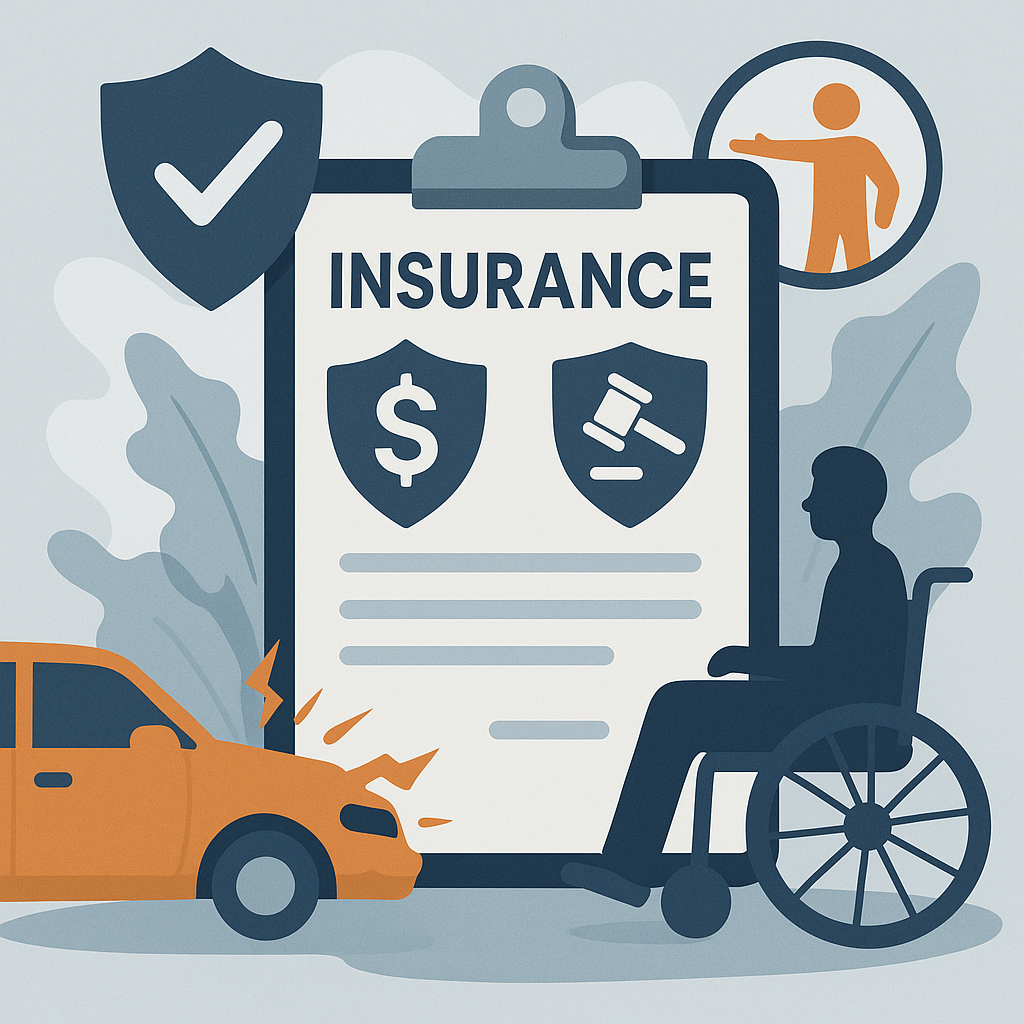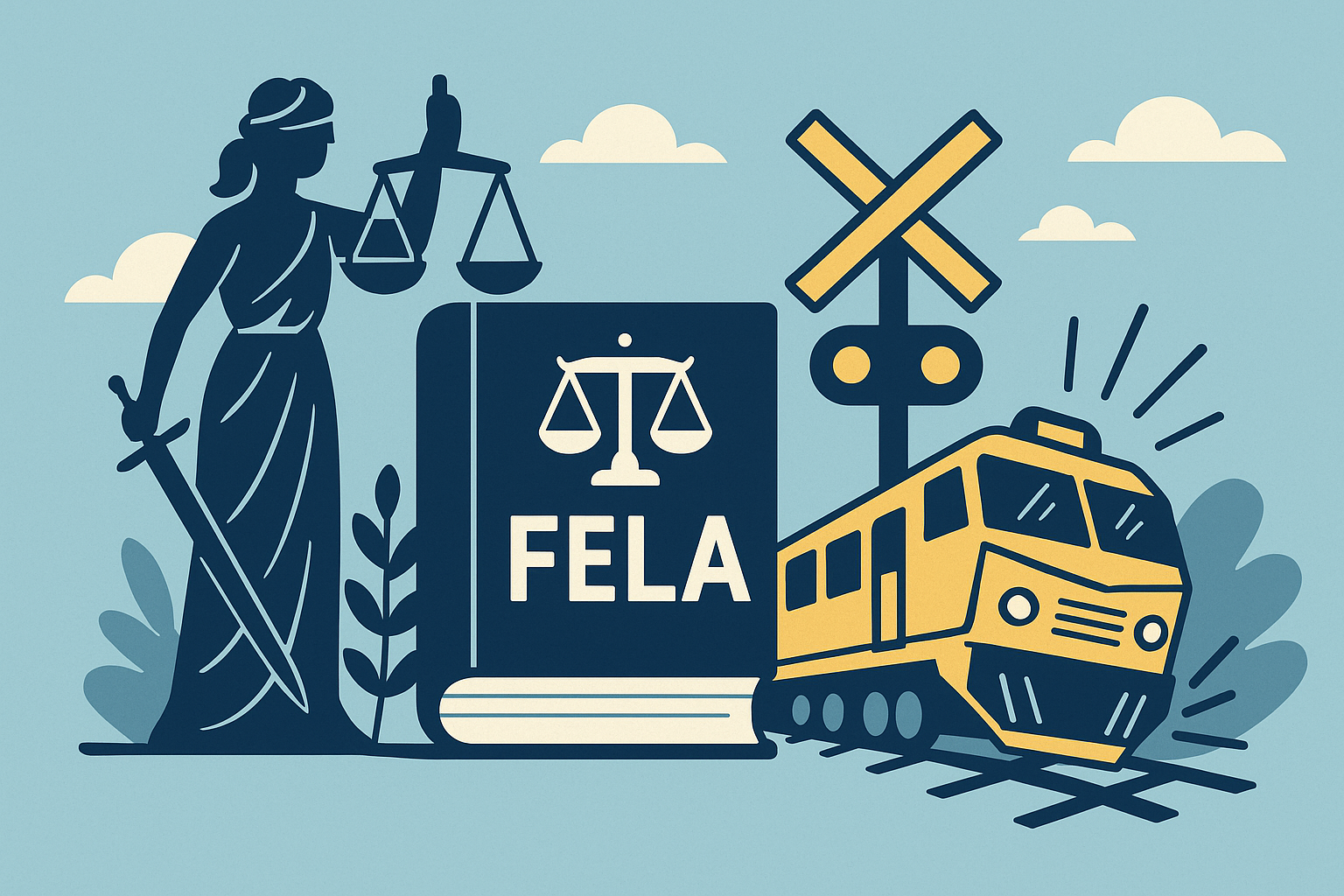If you’re working with a personal injury lawyer, you’ve likely been in a difficult situation. Someone else’s actions may have caused you harm. Understanding liability insurance coverage is crucial for financial protection after an accident. This article explores what liability insurance covers, the different types available, and how it can help you recover.
What is Liability Insurance Coverage?
Liability insurance coverage protects you if you’re held responsible for another person’s injuries or property damage. It helps pay for their expenses, not yours. Your own costs, like medical bills or car repairs if you’re at fault, are covered by collision or comprehensive coverage, not liability car insurance.
Types of Liability Insurance Coverage
Several types of liability insurance exist, each serving different needs. Understanding the differences between bodily injury liability and property damage liability is an important step in choosing the right coverage for you.
Auto Liability Coverage
Auto liability coverage is mandatory in most states for legal driving. This insurance covers you if you cause a car accident, paying for damages to other vehicles. It can also cover the other driver’s medical expenses, lost wages, and legal fees. Choosing appropriate coverage limits is essential for adequate protection.
Homeowners/Renters Liability Insurance Coverage
Homeowners/renters liability insurance coverage is essential for property owners and renters. It protects you if someone is injured on your property and you’re held responsible. For example, if a delivery person trips and falls, this coverage can handle the resulting medical expenses and other costs associated with injury liability.
Business Liability Coverage
Business liability insurance, also known as general liability insurance, protects businesses. It covers injuries to customers on their property or injuries caused by the business’s operations. This includes issues like product defects and false advertising. Many small businesses combine this with other coverages into a business owners policy (BOP).
Professional Liability Coverage
Professional liability insurance, also called errors and omissions insurance, protects professionals like doctors, lawyers, and consultants. It covers claims of negligence or mistakes in their professional services. For example, it can protect a doctor sued for misdiagnosis, shielding them from potentially substantial legal costs.
How Liability Insurance Works in an Accident
Here’s how liability insurance typically works in a car accident: if you’re at fault, the other parties file claims against your insurance. These claims go through their insurance carrier. Your policy’s coverage limits determine how much your insurance pays. Umbrella policies can provide additional coverage beyond your standard bodily injury and property damage liability limits.
A claim should be filed promptly to adhere to the policy’s terms. If damages exceed your property damage coverage, you might need additional assistance from your carrier. An umbrella policy can offer extra financial security.
Involved in an accident and unsure how liability insurance applies to your case? Our experienced attorneys can guide you through the claims process. Contact us today for expert legal advice.
How Liability Insurance Coverage Can Help
If you’re injured and working with a personal injury lawyer, the claim is usually filed against the other person’s liability insurance. This often avoids small claims court. The at-fault person’s liability limits dictate the maximum payout from their policy.
Experienced lawyers consider various policy types and amounts. Auto and renters policies have different bodily injury and property damage limits. Coverage varies by state, personal property value, and policy type. If you’re at fault in an accident, comprehensive coverage or a standard homeowners/renters policy provides added financial protection.
How Does Liability Insurance Work in Chicago?
Liability insurance in Chicago functions similarly to policies across Illinois, but local legal nuances—such as comparative negligence laws and city-specific ordinances—can influence how claims are handled. For instance, if you’re involved in a car accident in downtown Chicago, factors like traffic camera footage, weather conditions, and pedestrian activity may impact the determination of fault and your compensation. A local attorney can ensure that your policy is interpreted correctly under Illinois law.
Why Local Legal Help Matters
Navigating a liability claim in Chicago can be more complex than people expect. Whether your incident happened in the Loop, Logan Square, or along Lake Shore Drive, the Ori Law Group understands how to handle insurers, investigate local crash reports, and apply city-specific legal knowledge to your advantage.
Key Things To Consider When Choosing Liability Insurance Coverage
When selecting insurance, consider your individual financial situation. Calculate your total assets to help determine the right coverage amounts. Seek professional advice to assess your financial risk and discuss which type of policy you should purchase. Understand the differences between various types of liability coverage, including bodily injury liability, property damage liability, and personal liability. State regulations impact coverage requirements and costs, including those for auto, property, business, and umbrella insurance.
Umbrella insurance provides additional coverage beyond standard policies. Aim for the highest possible umbrella insurance with the best available rates. Ensure your chosen policy meets your current needs for auto, business property, homeowner/renter, and any professional liability needs. Additional options beyond traditional insurance may offer greater peace of mind.
Conclusion
Dealing with the aftermath of an accident is stressful. A strong understanding of liability insurance coverage is vital for protecting your finances. Whether you’re a business owner, driver, or homeowner, the right liability insurance provides crucial protection. Consulting an insurance professional offers personalized guidance.
Knowledge about liability insurance simplifies challenging times. It helps you move forward with greater confidence after an accident.










